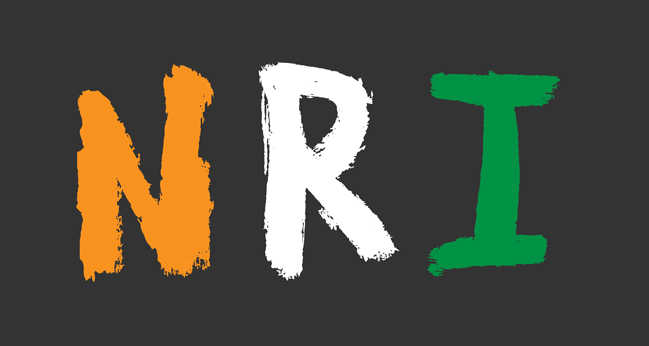How NRI Home Loan Is Different From That Of Resident Indians?
 One may think that getting a home loan is actually a cakewalk for someone who earns well and has a clean past with no bad repayment history. Well, this is not entirely true especially if you happen to be a NRI. Let us understand the intricacies of a home loan for NRIs.
One may think that getting a home loan is actually a cakewalk for someone who earns well and has a clean past with no bad repayment history. Well, this is not entirely true especially if you happen to be a NRI. Let us understand the intricacies of a home loan for NRIs.
Do you qualify to be a NRI?
Before getting into the details of a home loan for NRIs, it is essential to understand just who is a non resident Indian. All banks and non-banking financial companies (NBFCs) go strictly by the definition of NRI as adopted by the Reserve Bank of India. Under the RBI definition, any citizen who holds a valid Indian passport and stays out of India for employment or business spending less than 182 days in India in one financial year is deemed as a NRI. So before applying for a home loan under NRI category, make sure you qualify for a NRI home loan keeping in view the minimum number of days to be spent away from India.
Properties for which NRI Home loan is available:
There is not much of a difference when it comes to the properties on which home loan is available to NRIs. Like their resident Indian counter parts, NRIs can apply for a home loan in case they are seeking to purchase a residential property including an under construction property or resale as well as for self-construction on a residential plot of land anywhere in the country. NRIs can also avail home loans for purchasing a plot of land as well as to renovate any existing property in India.
Maximum Loan Available and Eligibility Criteria:
While banks and non-banking financial companies are free to use their discretion in offering the maximum loan amount for NRI home loans, there is not much difference in deciding maximum amount of loan compared to Indian residents. Usually NRIs can expect a maximum loan amount ranging from 75-80 per cent of the total market value of the property. There is however a difference in which banks or NBFCs calculate the maximum loan amount for NRIs.
Some banks use the gross monthly income of the NRI as a yardstick offering up to 40 times the gross monthly income as the maximum home loan amount. Other banks use net monthly income as their defining yardstick limiting a certain percentage of net monthly income as a deciding factor.
Unlike resident India, NRIs seeking a home loan need to pass through a tough screening pattern when it comes to home loan eligibility. Only graduate NRIs are offered home loans and people with no degree or less educational qualifications than a master degree are usually screened out or declined a home loan. Banks take into account the minimum annual salary as a yardstick to approve or decline home loans.
Tenure and Interest Rates for NRI Home Loans:
Unlike resident Indians who can get maximum home loan tenure of up to 30 years, NRI home loans have a shorter tenure period with a maximum tenure range of 10 to 15 years. Banks can however extend the tenure beyond their maximum tenure range at their own discretion for special cases. The interest rate charged by banks for NRI home loans comes with a slightly higher interest rate compared to home loans for resident Indians. The interest rate for NRI home loan ranges from 0.25 to 0.75% higher than the existing interest rates for resident Indians.
Home loan Repayment:
The down payment for the NRI home loan must be done through a direct foreign remittance through available banking channels. A NRI must transfer the down payment money either through his NRE or NRO account as per the case. NRIs must facilitate the EMI towards home loan repayments, interest rates, penalty or other charges only through Non-resident External (NRE) or Non-resident Ordinary (NRO) accounts.







